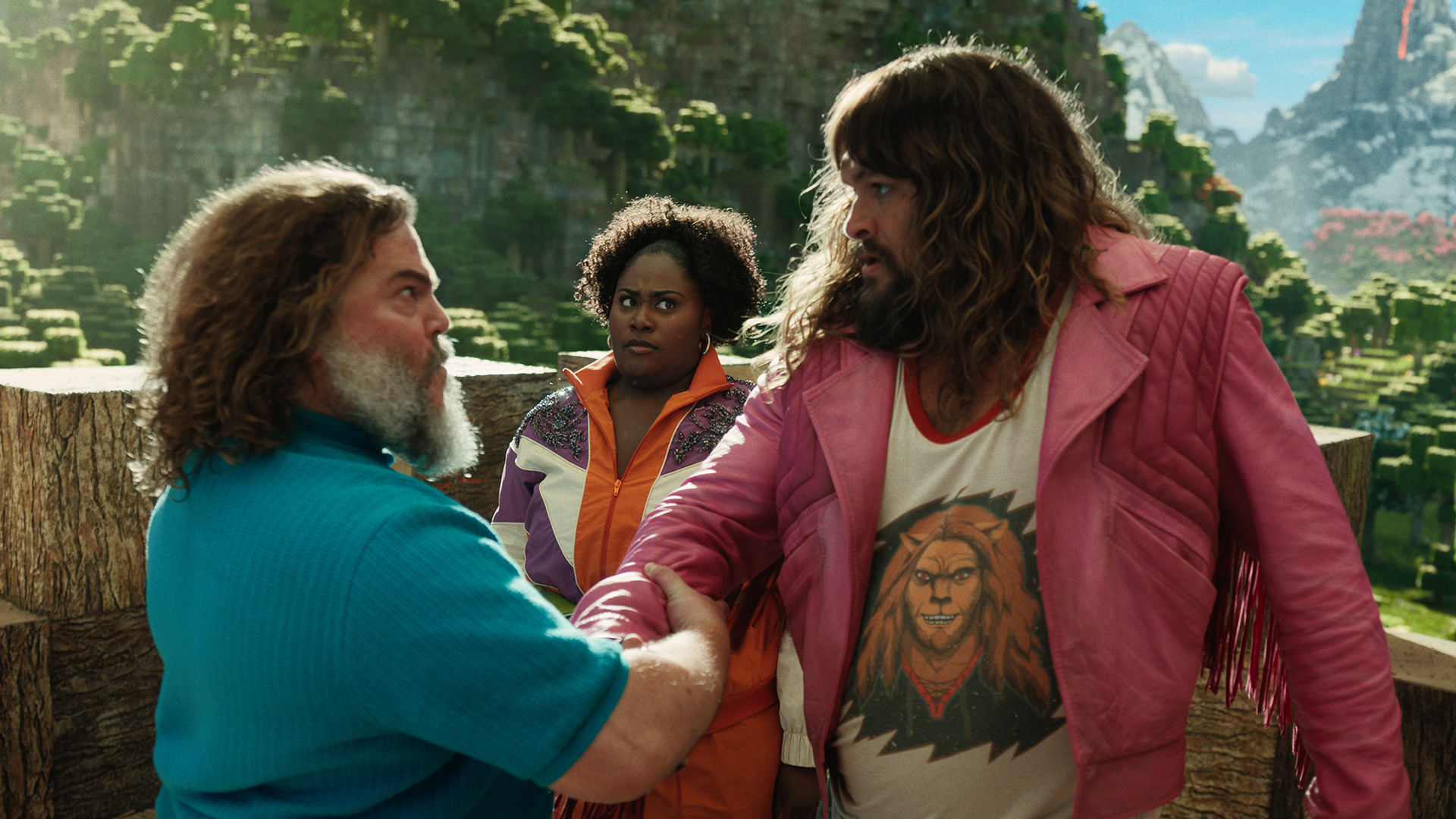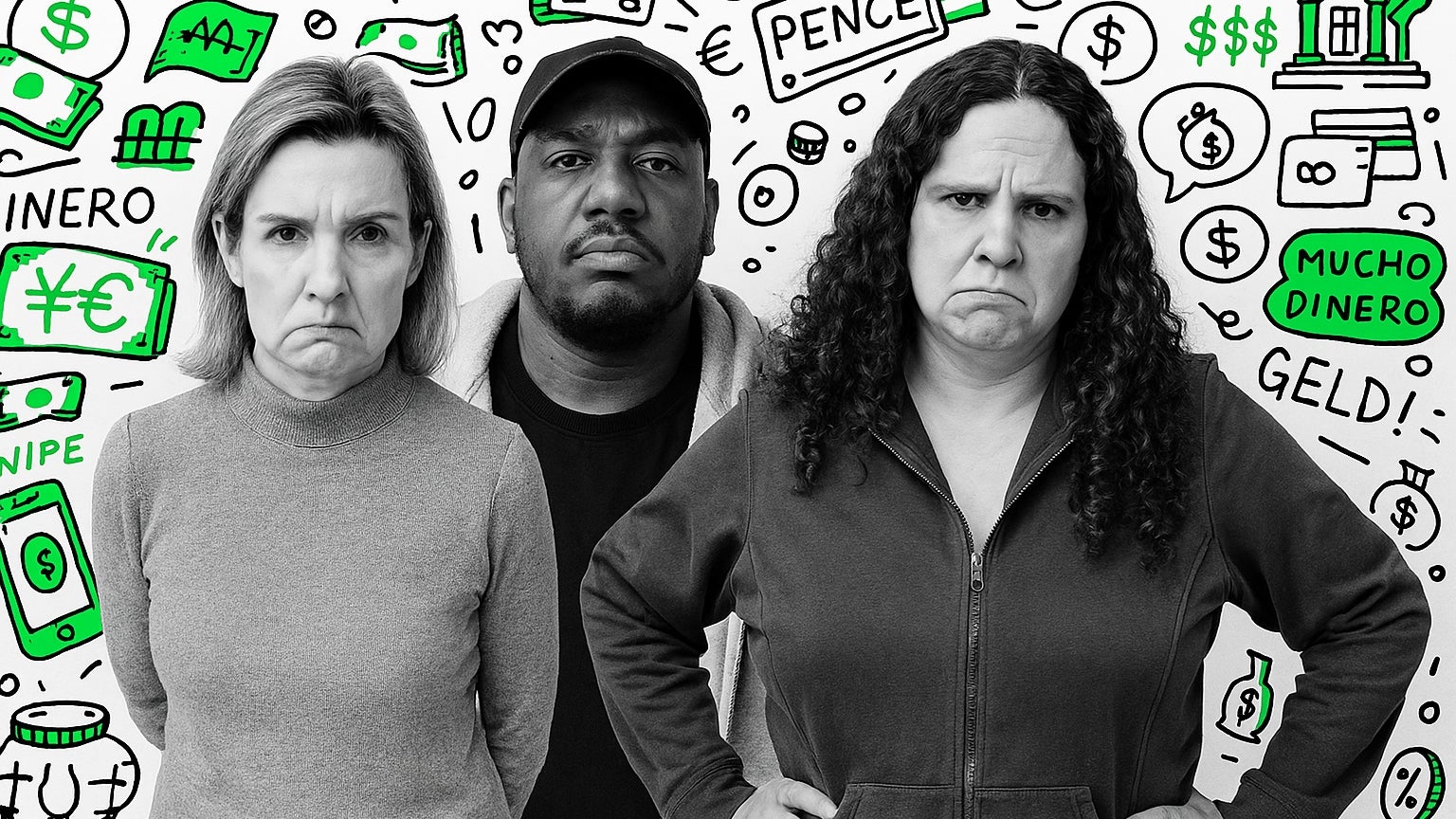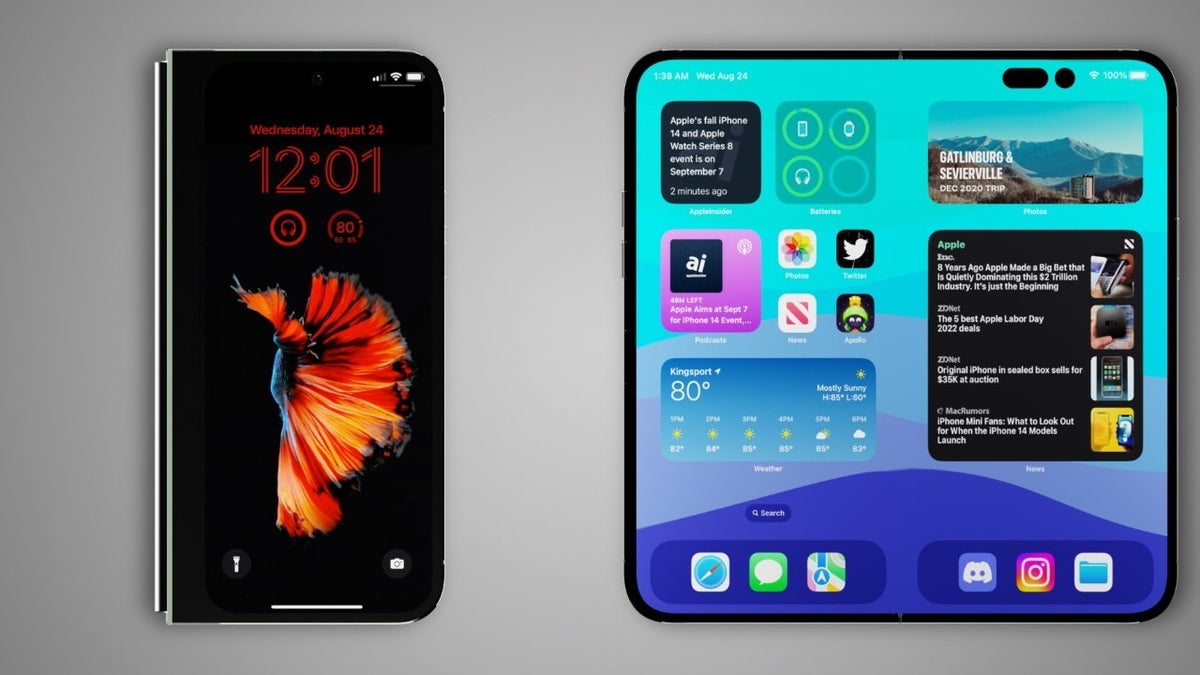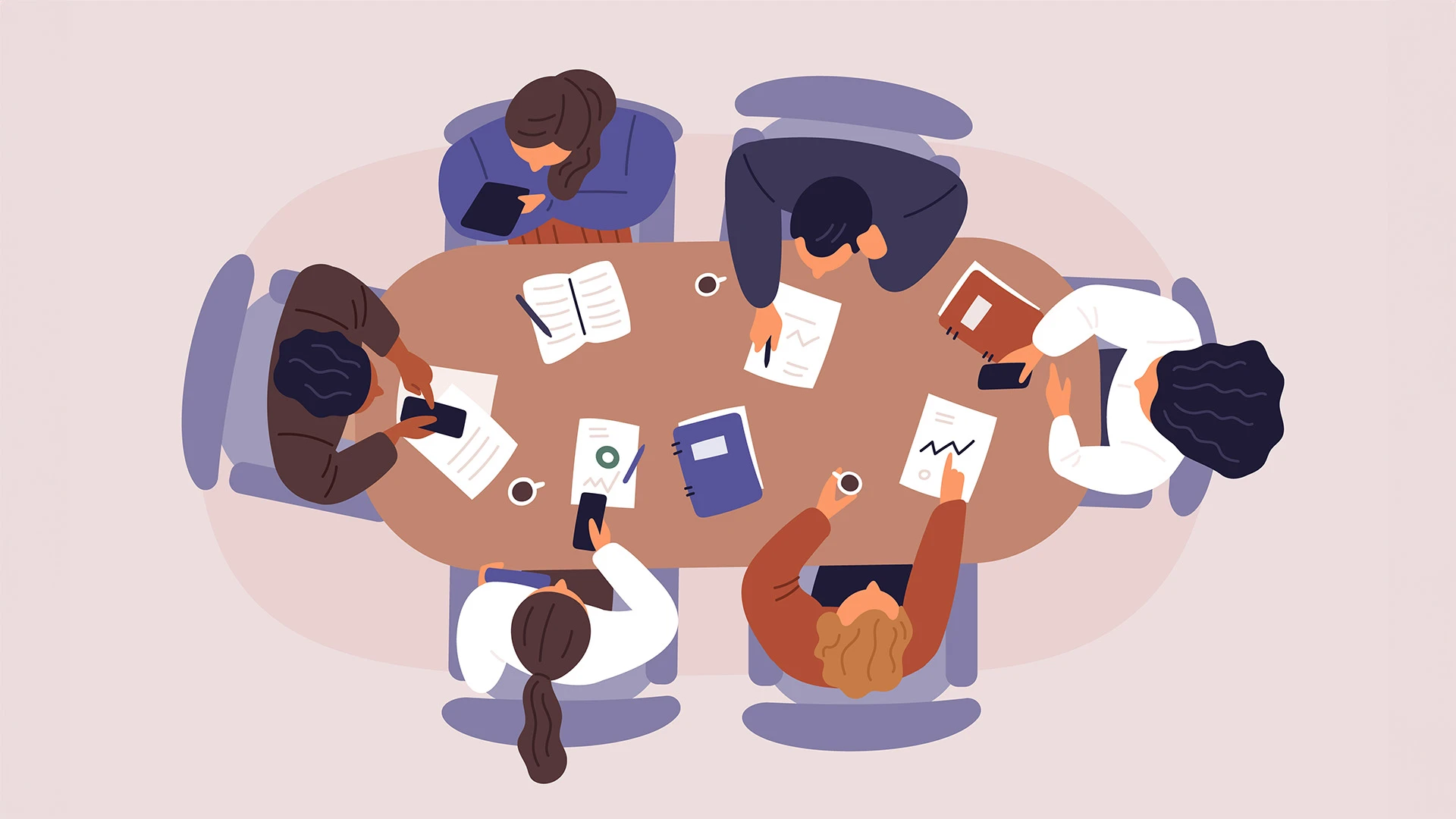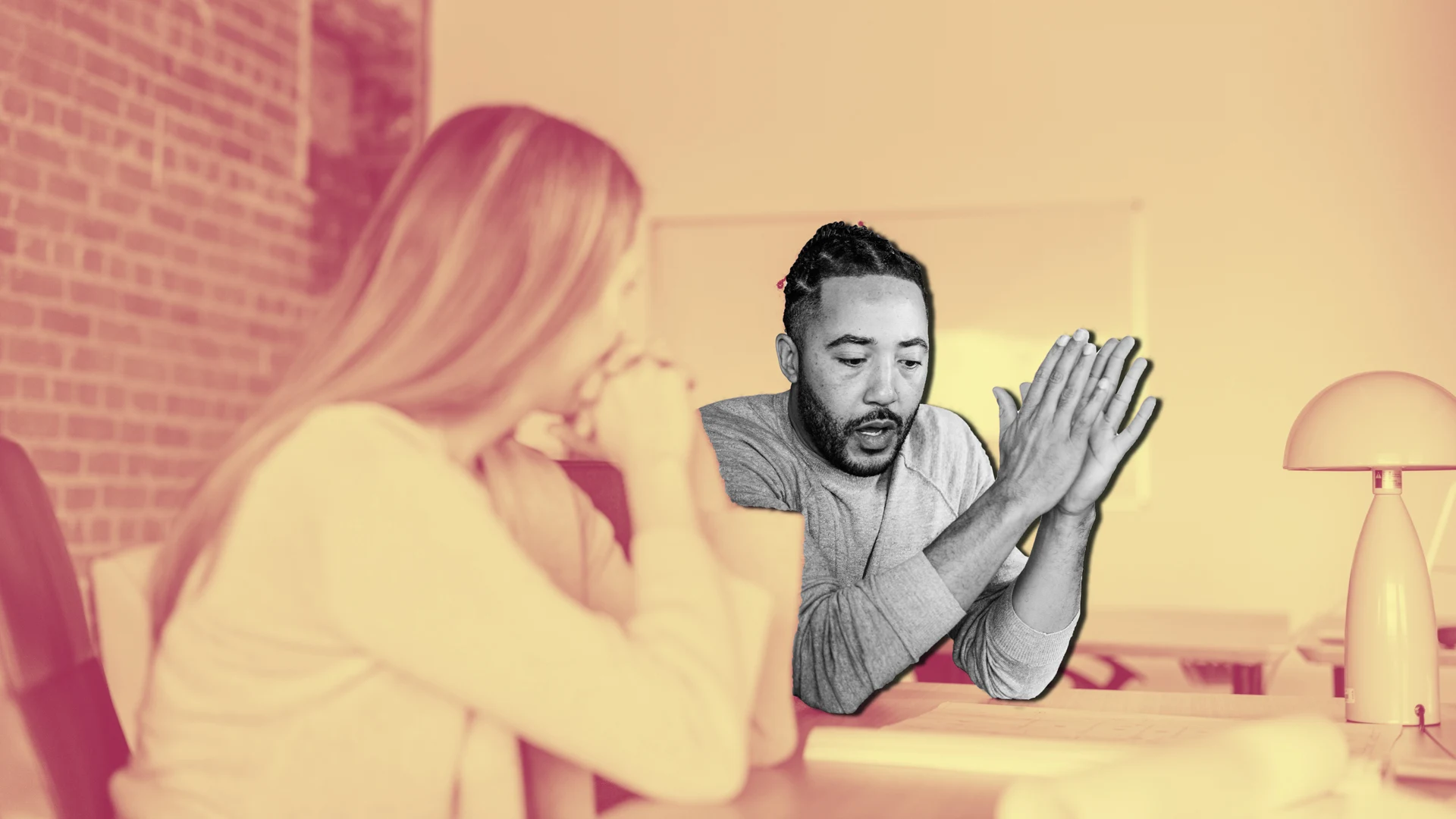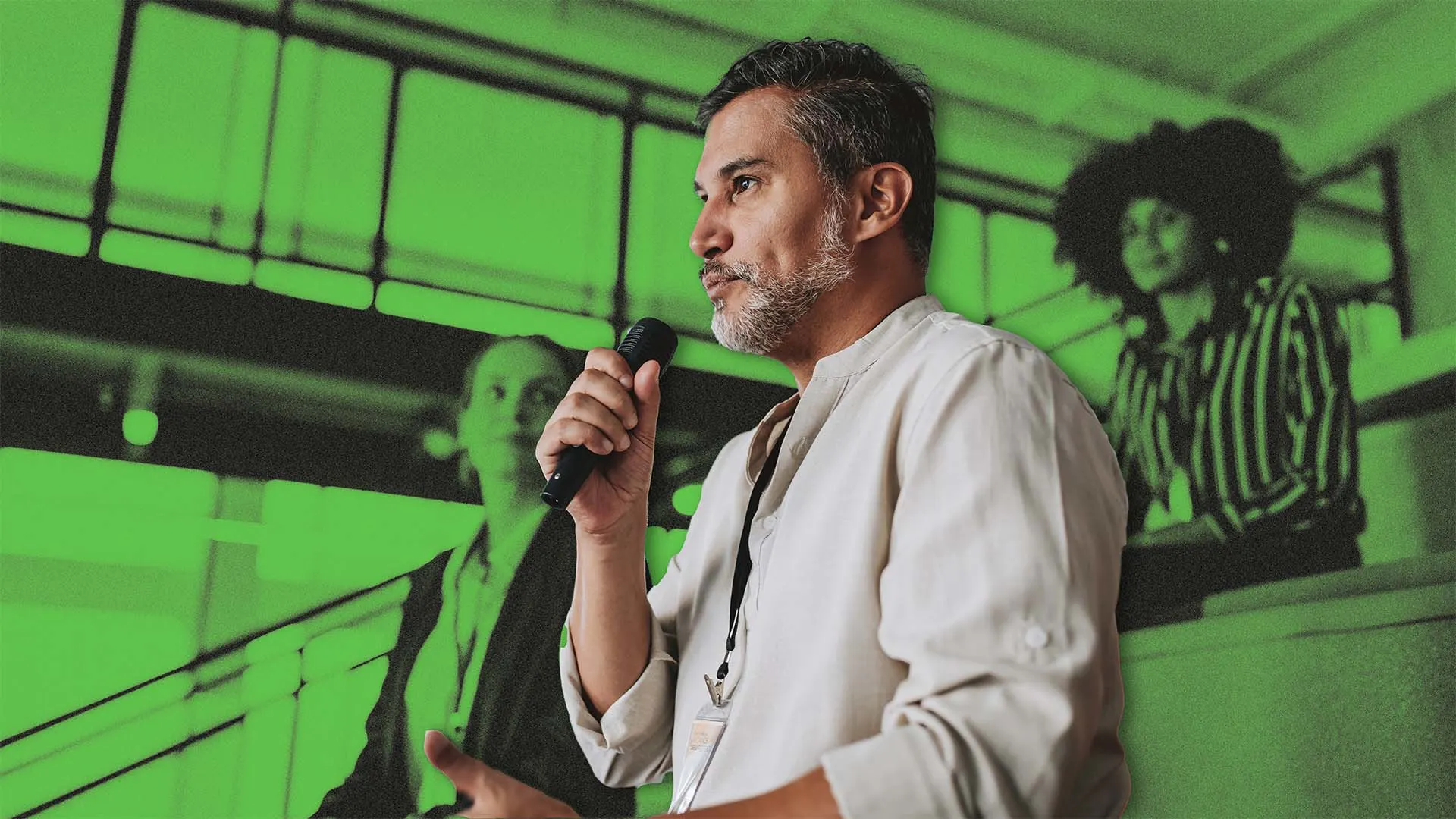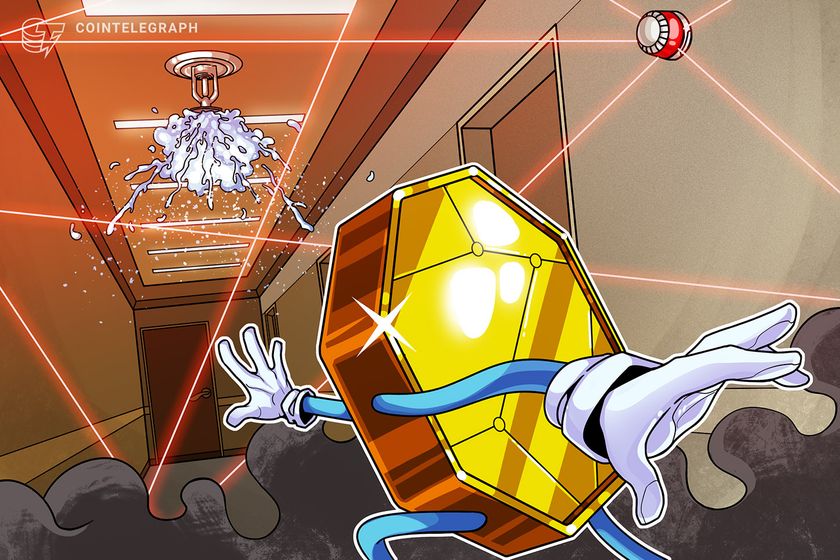She worked on ‘Sesame Street’ and ‘Ms. Rachel.’ Here’s her best screen-time advice for kids
Of all the modern parenting paradoxes, navigating screen time usage might be one of the most complex—and divisive. Critics of screen time claim it can negatively impact social skills, behavior, and sleep. Proponents say it can help kids learn about living in a digital world, improve cultural awareness, and serve as a means of communication. Parents say sometimes they just need a break. The truth, of course, lies somewhere in the messy middle of it all; like so many aspects of parenting, it’s all about finding the balance that’s right for you and your child(ren). Screen time is just one of many topics explored in Poems of Parenting, a new collection of poetry out April 8 from author and artist Loryn Brantz, a consulting creative director for the beloved kids’ educational program Ms. Rachel who has won two Emmy Awards for her work on Sesame Street. The mom of two children (one of whom has a disability) offers short, snappy, honest, and often irreverent reflections on everything from trimming tiny fingernails to watching war and famine play out on TV. It’s exactly the type of content moms need in today’s world. So what about screen time? Here, Brantz shares some insight behind her poem on it—plus, an important and powerful reminder that applies to many aspects of parenthood. This conversation has been edited and condensed for clarity. View this post on Instagram A post shared by Loryn Brantz (@lorynbrantz) You’ve worked on two beloved kids’ shows and you’ve struggled with navigating screen time for your own kids. What insights can you offer parents trying to find the right balance? It comes down to what works best for your family. I would never say, “This or that is the ‘right’ thing to do,” because it never accounts for kids with disabilities who may rely more on screen time than others for various reasons. That said, I believe there is such a thing as quality screen time, and I would encourage people to be cognizant of what they put on. Also, when possible, co-watching together, asking questions, or interacting while watching the show is ideal. In our household, there was a lot of pressure to pack in as much early intervention therapy as we could during the first years of my daughter’s life because of all her developmental delays, so we were very strict with screen time. She was only allowed an hour or so per day in tandem with physical therapy, or as much as needed to distract from medical treatments. It was as stressful as it sounds. Now she’s older (and doing amazingly), and her neurotypical little-potato brother watches with her, and we’re not worried about it at all. Sometimes, after a long day of work and school, spending time on the couch cuddling and watching a movie can be the best thing for everyone. I often think, Wow, I can’t believe I popped these sweet little people out of my body, and now they’re watching TV with me! Life is pretty magical, isn’t it? Every kid is different, and every kid’s needs are different. How has your work in kids’ educational programming influenced your own parenting style and strategies? When I was working on Sesame Street at the Jim Henson Co., it was well before I had my own children and I was mostly tapping into my own inner child as far as things I enjoy including The Muppets, Disney World, and picture books. I was making what I enjoy. I figured that’s also what a kid would enjoy, too. Nowadays, with my work for Ms. Rachel, I have learned an extraordinary amount about childhood development, not only from the show but through my own experience with early intervention (EI) for my daughter. EI works best when the parent takes on what they learn during sessions and incorporates it into their children’s day-to-day lives. I more or less became a full-time speech, occupational, physical, and special-instruction therapist for the first three years of her life. So now, my work comes from not only a place of genuinely enjoying children’s media, but also thinking about what I would want my own children—and really, all children—to be watching. Children’s media is so important and needs to be treated as such. You’ve said you feel like you’ve been working toward Poems of Parenting your whole life. It’s been quite a journey. This will essentially be my 12th book. So many things set it apart. For one, it’s the first book that feels like it has a real energy behind it from readers. When I started writing these poems, I immediately began getting messages like, “When is the book coming out?” or “Will you be making a book?” And I was just blown away because no one had ever asked me for a book before. It’s just a dream come true. . . . After over a decade of pushing and pushing to get books made and in front of people, having people come to me asking for a book is a real pinch-me moment. After starting this book, I also decided it was finally time to take the leap to being a full-time artist and writer, primari

Of all the modern parenting paradoxes, navigating screen time usage might be one of the most complex—and divisive. Critics of screen time claim it can negatively impact social skills, behavior, and sleep. Proponents say it can help kids learn about living in a digital world, improve cultural awareness, and serve as a means of communication. Parents say sometimes they just need a break.
The truth, of course, lies somewhere in the messy middle of it all; like so many aspects of parenting, it’s all about finding the balance that’s right for you and your child(ren).
Screen time is just one of many topics explored in Poems of Parenting, a new collection of poetry out April 8 from author and artist Loryn Brantz, a consulting creative director for the beloved kids’ educational program Ms. Rachel who has won two Emmy Awards for her work on Sesame Street. The mom of two children (one of whom has a disability) offers short, snappy, honest, and often irreverent reflections on everything from trimming tiny fingernails to watching war and famine play out on TV.
It’s exactly the type of content moms need in today’s world. So what about screen time? Here, Brantz shares some insight behind her poem on it—plus, an important and powerful reminder that applies to many aspects of parenthood.
This conversation has been edited and condensed for clarity.
You’ve worked on two beloved kids’ shows and you’ve struggled with navigating screen time for your own kids. What insights can you offer parents trying to find the right balance?
It comes down to what works best for your family. I would never say, “This or that is the ‘right’ thing to do,” because it never accounts for kids with disabilities who may rely more on screen time than others for various reasons.
That said, I believe there is such a thing as quality screen time, and I would encourage people to be cognizant of what they put on. Also, when possible, co-watching together, asking questions, or interacting while watching the show is ideal.
In our household, there was a lot of pressure to pack in as much early intervention therapy as we could during the first years of my daughter’s life because of all her developmental delays, so we were very strict with screen time. She was only allowed an hour or so per day in tandem with physical therapy, or as much as needed to distract from medical treatments. It was as stressful as it sounds. Now she’s older (and doing amazingly), and her neurotypical little-potato brother watches with her, and we’re not worried about it at all.
Sometimes, after a long day of work and school, spending time on the couch cuddling and watching a movie can be the best thing for everyone. I often think, Wow, I can’t believe I popped these sweet little people out of my body, and now they’re watching TV with me! Life is pretty magical, isn’t it?
Every kid is different, and every kid’s needs are different.
How has your work in kids’ educational programming influenced your own parenting style and strategies?
When I was working on Sesame Street at the Jim Henson Co., it was well before I had my own children and I was mostly tapping into my own inner child as far as things I enjoy including The Muppets, Disney World, and picture books.
I was making what I enjoy. I figured that’s also what a kid would enjoy, too. Nowadays, with my work for Ms. Rachel, I have learned an extraordinary amount about childhood development, not only from the show but through my own experience with early intervention (EI) for my daughter.
EI works best when the parent takes on what they learn during sessions and incorporates it into their children’s day-to-day lives. I more or less became a full-time speech, occupational, physical, and special-instruction therapist for the first three years of her life. So now, my work comes from not only a place of genuinely enjoying children’s media, but also thinking about what I would want my own children—and really, all children—to be watching. Children’s media is so important and needs to be treated as such.
You’ve said you feel like you’ve been working toward Poems of Parenting your whole life.
It’s been quite a journey. This will essentially be my 12th book. So many things set it apart. For one, it’s the first book that feels like it has a real energy behind it from readers. When I started writing these poems, I immediately began getting messages like, “When is the book coming out?” or “Will you be making a book?” And I was just blown away because no one had ever asked me for a book before. It’s just a dream come true. . . . After over a decade of pushing and pushing to get books made and in front of people, having people come to me asking for a book is a real pinch-me moment. After starting this book, I also decided it was finally time to take the leap to being a full-time artist and writer, primarily for my own projects—which has been a lifelong goal.










































































































































































![[The AI Show Episode 142]: ChatGPT’s New Image Generator, Studio Ghibli Craze and Backlash, Gemini 2.5, OpenAI Academy, 4o Updates, Vibe Marketing & xAI Acquires X](https://www.marketingaiinstitute.com/hubfs/ep%20142%20cover.png)














































































































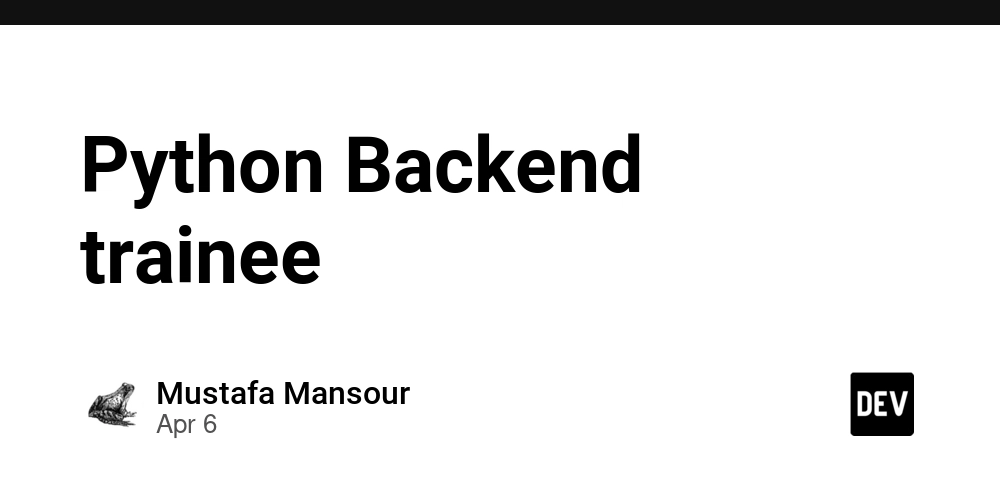

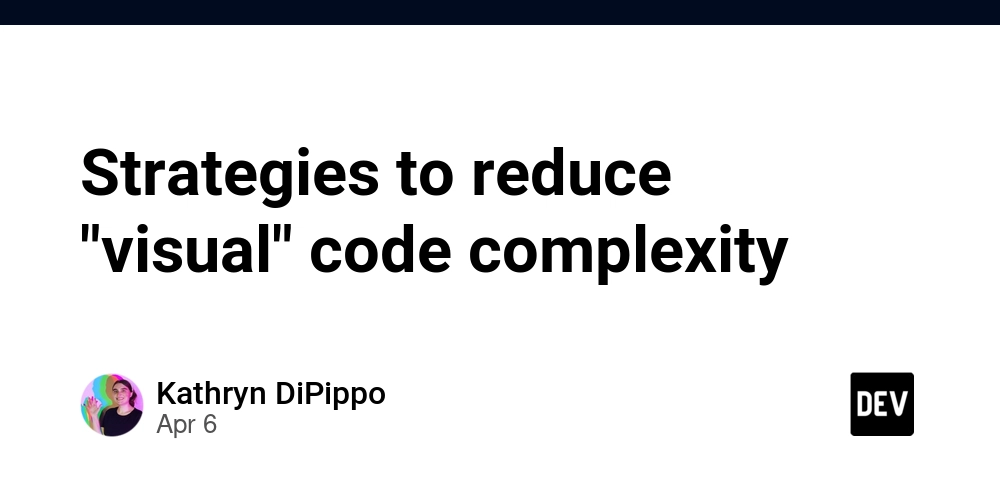










![[DEALS] The Premium Learn to Code Certification Bundle (97% off) & Other Deals Up To 98% Off – Offers End Soon!](https://www.javacodegeeks.com/wp-content/uploads/2012/12/jcg-logo.jpg)


![From drop-out to software architect with Jason Lengstorf [Podcast #167]](https://cdn.hashnode.com/res/hashnode/image/upload/v1743796461357/f3d19cd7-e6f5-4d7c-8bfc-eb974bc8da68.png?#)






































































































.png?#)





.jpg?#)































_Christophe_Coat_Alamy.jpg?#)
 (1).webp?#)












































































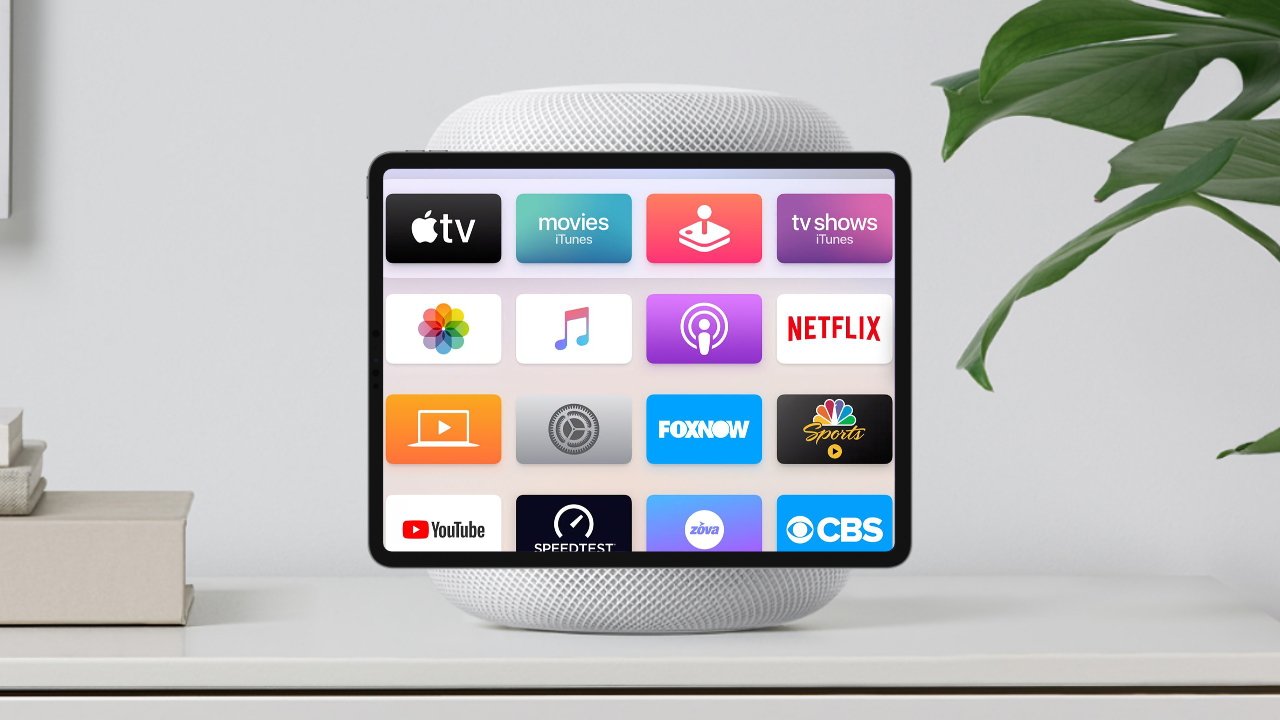

























![Rapidus in Talks With Apple as It Accelerates Toward 2nm Chip Production [Report]](https://www.iclarified.com/images/news/96937/96937/96937-640.jpg)



















